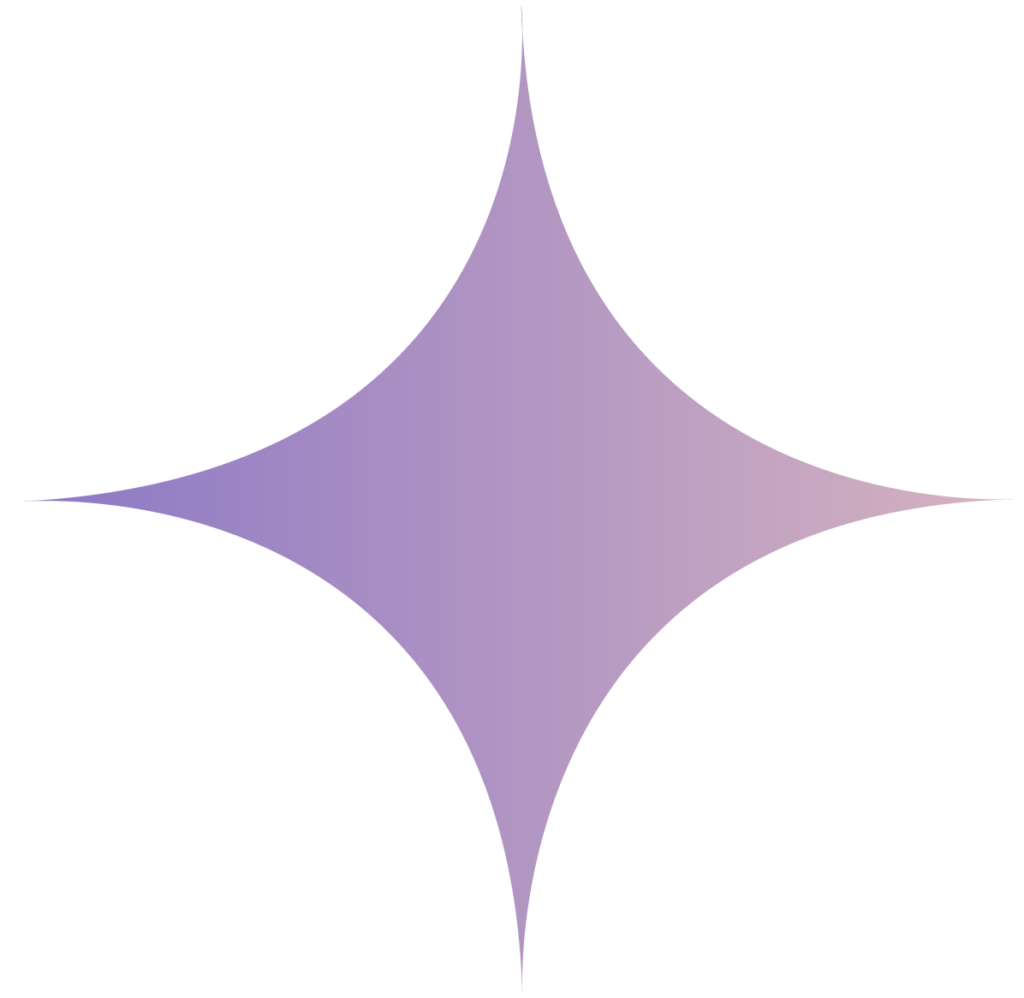In this Azure Data engineer series I am going to share the most frequently asked interview question for freshers and experienced professionals up to 2,3,4,5,6,7,8,9,10 + years. Azure Functions is one of the popular services for the Azure Data engineer professional or as Azure cloud developer. Hence if you are planning to make a career as an Azure cloud professional, then it is one of the musts to have a skillset in your resume. In these set of questions focus would be on real time scenario based questions for Azure Functions, azure function app interview questions for freshers, azure functions interview questions for experienced professionals, interview questions for azure function developers, and interview questions for azure data architects. I have also covered the real time and real world scenarios based on Azure Functions interview practice questions and answers in this preparation guide.
Assume that you are working as an Azure engineer at Azurelib.com. You have been asked to run an algorithm that is implemented in the Azure Function. However, this algorithm should get executed without any trigger. Instead, it should run automatically at 12 PM each day. How would you solve this problem?
Yes, it is possible to solve it. In the Azure functions, we have the option to set it as the time-based trigger i.e. like scheduling the Azure Function to run at a specific time and at a specific interval. So here we will schedule it to run at 12 PM and the frequency would be once every day.
Assume that you are working as Azure cloud engineer at Azurelib.com. You have been asked to decide whether in a given scenario you will use azure functions or not. What could be the criteria to identify a scenario for choosing the Azure function as an option.
I will go and check if how many times the function gets executed. I will also check if it is a small piece of code or a very large code that takes a long time to get completed. Based on that I will choose Azure functions. It is a highly scalable solution and you can control the number of executions as you wanted to execute. I would also like to check what could be the input and output for the given use cases and check whether these input and output are supported by the Azure functions or not.
You have been asked to develop a function that is going to maintain the state. However, if you talk about any cloud functions like Azure function service most of them use the rest API. Hence will it be possible to maintain the state while using the Azure function if yes how?
Yes, it is possible to maintain the state while using the Azure functions. In the Azure functions, there is a function which is called is durable Azure function so we can use that to maintain the state.
Assume that you are working as a cloud engineer at Azurelib.com. You have been asked to develop an Azure function for certain requirements. This function possibly generates some exceptions, throw some errors. What you will do to analyze it properly.
We can do a couple of things here. First of all, you have to use application insights to get the logs for the function execution. In your function, you will be going to log all the important steps so that you can probably get to know up to what point that function has been executed. You also do proper exception handling and send meaningful information so that when somebody analyses the failure of the execution, he will get to know the proper reason.
Assume that you are working as the cloud lead engineer at Azurelib.com, You have been asked to review the Azure function written by one of the team members. How would you do the code review with cost optimization in mind?
In the Azure function, the cost is mainly occurred because of two factors. The first is Memory it takes for a single execution run. The second is the total execution time it takes. Azure function cost is based on these two factors only. Hence when u review the Az function just check for those two factors from cost optimization perspective.
What are the different application patterns for Durable Azure Functions use case?
Function chaining
Fan-out/fan-in
Async HTTP APIs
Monitoring
Human interaction
Aggregator (stateful entities)
What is the difference between the Azure Functions and Logic Apps? Explain in detail.
| Durable Functions | Logic Apps | |
| Development | Code-first (imperative) | Designer-first (declarative) |
| Connectivity | About a dozen built-in binding types, write code for custom bindings | Large collection of connectors, Enterprise Integration Pack for B2B scenarios, build custom connectors |
| Actions | Each activity is an Azure function; write code for activity functions | Large collection of ready-made actions |
| Monitoring | Azure Application Insights | Azure portal, Azure Monitor logs |
| Management | REST API, Visual Studio | Azure portal, REST API, PowerShell, Visual Studio |
| Execution context | Can run locally or in the cloud | Runs only in the cloud |
What is the cold startup time in the Azure function?
An Azure Function is a serverless service hence when you request for the execution run, Microsoft Azure has to create and assign the runtime environment based on your configuration to execute the function. This runtime creation and allocation take some time and then your function actually starts getting executed. This is the additional execution time. Hence you will try to reduce this cold startup time to as minimum as possible.
If your Azure Function plan is ‘Consumption plan’ then for few instances this will be a problem. For Preminum plan there is almost zero cold start time.
What is the warmup trigger in the Azure function?
First of all, it is only applicable if you are running the az func with the Preminum plan.
The warmup trigger lets you define a function that will be run on a new instance when it is added to your running app. You can use a warmup function to open connections, load dependencies, or run any other custom logic before your app will begin receiving traffic.
What are the Azure Function Proxies?
With this feature, you can specify endpoints on your function app that is implemented by another resource. You can use these proxies to break a large API into multiple function apps (as in a microservice architecture), while still presenting a single API surface for clients.
https://docs.microsoft.com/en-us/azure/azure-functions/functions-proxies
What are the Best practices for reliable Azure Functions which you will apply in your project?
- Choose the correct hosting plan
- Configure storage correctly
- Organize your functions
- Monitor effectively
- Build-in redundancy
Final thoughts
In this blog, I have tried to assemble up a couple of Azure Functions interview questions and answers. This is one of the very important guides for freshers and experienced professional Azure data engineer developers and leads. In this list of interview preparation guide my main focus was to cover all the question which is frequently and mostly asked on Azure functions real time scenario part specifically. I have tried to add up the questions based on the real world working scenario.
Hope you have liked this Interview preparation guide and will help you to crack the Azure Data Engineer or Cloud professional interview. You can also go through my various interview preparation guide for Azure data factory, Azure data bricks, Azure data analytics, and many more.
Please share your suggestions and feedback and you can ask your question and update this guide based on your interview experience.

